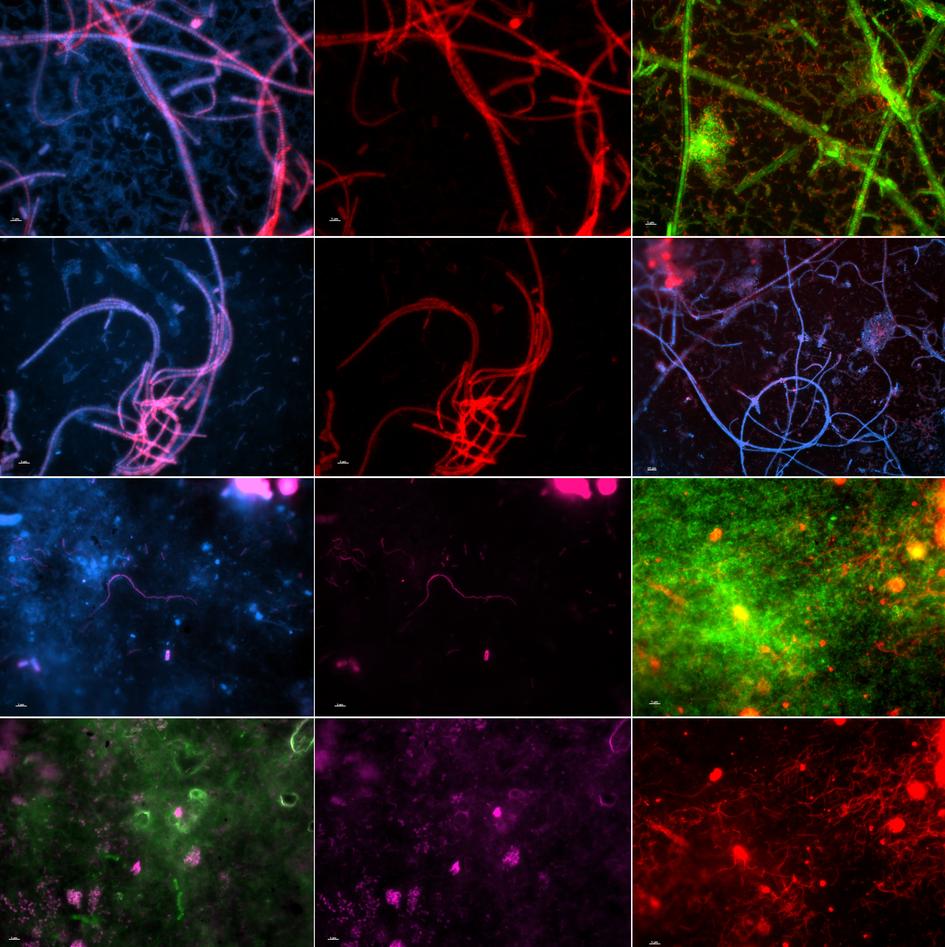Biotechnology/Bioprospecting
Searching for new and promising enzymes from deep sea microorganisms adapted to harsh conditions

Main content
The determination of genome sequences from microbial isolates and metagenomes from environmental samples is presenting new exciting opportunities and challenges for basic research as well as bioprospecting and biotechnology.
Despite major efforts in the enzyme industry and several notable success stories, there remains urgent need for enzymes tailored for specific applications and to fulfill environmental standards. The enzymatic demand applies to many biorefining processes and pharmaceuticals, not least in the marine sector. Development of an optimal industrial enzyme for a particular process requires simultaneous optimization of many parameters, including temperature and pH-stability/activity profiles, substrate specificity and conversion rates, and product specificity.
Deep sea hydothermal vents are extreme environments inhabited by various microorganisms adapted to harsh conditions and thus are excellent candidate organisms to use in the search for new and promising industrial enzymes. Discoveries of shallow and deep sea hydrothermal fields along the Arctic Mid-Ocean Ridge system (AMOR) have opened up an untapped reservoir of microorganisms sustaining life at extreme conditions.
In-depth expertise on the AMOR system is one of the cornerstones at the Centre for Geobiology (CGB). In addition, we have established the bioinformatic knowledge to handle the demanding computational processing after high-throughput Next Generation DNA Sequencing (NGS). In this post-genomic era, there is an urgent need to mine the information from these sequences. Researchers at CGB are involved in several strategic Biotechnology/Bioprospecting projects;
Main objective: To exploit the untapped genetic reservoir in the extreme environments in the deep sea hydrothermal vent systems located at the Arctic Mid-Ocean ridge (AMOR).
- NorZymeD
Main objective: Develop competetive enzyme technology for processing of Norwegian biomass to increase value creation in the Norwegian Bio-based industry.
Better handling of microbial influnced corrosion during operation. The project is funded by VISTA.
Irene Roalkvam - Post.Doc
